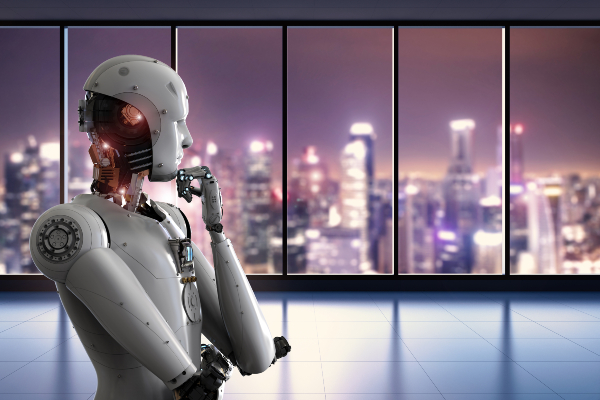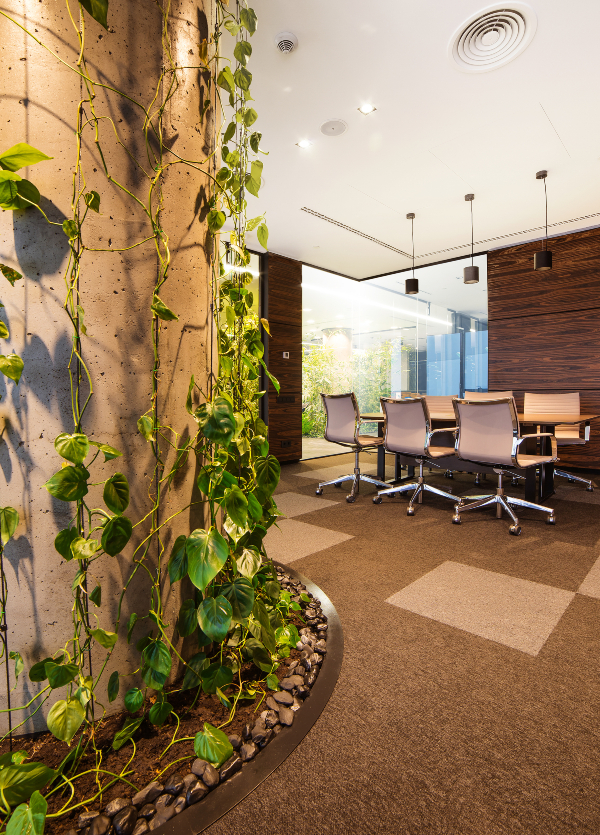When you buy a home, you’re also buying into a neighbourhood and its surroundings which makes the choice even more interesting (and some would say complex).
From being able to get all the necessities around you to the strength of the community and how your choice today will affect your future, it is a lifetime investment that can be very rewarding if it is well thought through.
COVID-19 may have turned many things upside-down for most of us, but it also opened up unexplored prospects that we would have never considered in the past.
Working from home, for example, has given millennials the opportunity to own homes outside the city where prices are more affordable, without worrying about commuting to work daily.
In the same vein as looking to what the future may bring us, we’ve handpicked 10 fascinating Ted Talks that explore current trends, the visions of future cities, and urban living to help you ask some important questions about where and how you want to live in the future!
Be prepared for some insightful discussions and solutions which can be implemented easily enough in our own homes (and neighbourhoods).
1) Freedom From The Housing Trap
Zack Griffin, host of the popular television show Tiny House Nation is known for advocating the tiny house movement.
This no-nonsense talk dives into the reality of the costs of buying a home and how tiny homes might be the solution city dwellers need to be able to own a property and achieve their dreams without compromising one or the other.
2) Why We Need To Rethink How We Build Homes?
Ever wondered what materials go into making your home? Find out what kiwi homes are made of and the surprising solution that can be applied in Malaysia to add extensions, garden sheds, patios or even an extended guest room for visitors to an existing home.
3) Can We Design Cities For Happiness?
Thomas Madrecki is an urban happiness planner and shares the importance of your voice in the planning of urban environments.
Through public participation, communities can communicate what they want and the gap between urban planners and the needs of communities can be met.
4) What Cities Can Learn From The Coronavirus Pandemic
This thought-provoking session walks you through how cities have changed in the face of pandemics in the past and will leave you pondering what urban cities will look like post-pandemic and what we can do now to set the tone for positive change.
5) Urbanization And The Future Of Cities
Ever wondered how we evolved from hunter-gatherers to building megacities? In under four minutes, this Ted-Ed takes you through how cities of today came to be and what the future might hold for us and future generations.
6) Redefining The Smart Home
While technologies such as Artificial Intelligence and the Internet of Things making our daily lives easier by making our home ‘smart’, these merely represent the gateway to helping us solve problems we didn’t know we had.
Imagine Alexa (and perhaps Siri, Google Assistant or Cortana?) helping you not only turn on your lights but calculate where you could save energy and water then plug those leaks, saving you money without ever having to lift a finger.
7) Less Stuff, More Happiness
Does less equal more? How do you get more out of a small space?
Instead of Marie Kondo-ing (the lady who created an entire skill out of throwing out stuff which doesn’t "bring youu happiness") your life every few years, consider following this talk for ideas on how to make your space and life more functional.
8) Urban Farming: Fixing The Broken Food System & Improving Health
Malaysians are among the fattest people in Asia with approximately half the population overweight or obese.
With the need to improve our health and drastically reduce the burden on our public healthcare system, this Ted Talk explores how urban farming can address these issues while also having a positive impact on the environment.
9) The Vertical Farm: A Keystone Concept For The Ecocity
Food safety, food security, and the safe and stable supply of water. How can cities behave like ecosystems that will continually ensure we get what we need to survive without destroying the environment?
This talk explores the benefits of vertical farming as a key concept for our future survivability.
10) Architecture That Repairs Itself?
Imagine living buildings that are able to interact with nature and respond to environmental changes.
This is what Rachel Armstrong, an innovator is working on to save Venice from sinking. She is creating new materials that possess some of the properties of living systems that can be manipulated to ‘grow’ architecture.
We are living in a world where creative, practical, and workable solutions are constantly being thought of and implemented to improve our lives and help us adapt to our changing climate and environment.
Combining the solutions from some of these Ted Talks may help us address socio-economic and environmental issues that will impact our lives for the better.
It’s time we rethink and redesign the way we live to ensure our communities remain resilient and that we utilise finite resources efficiently.
Sustainability and eco-friendly is definitely the way forward for mankind. If you are thinking of making a difference in ensuring our future remains sustainable, why not consider turning your house into a green home, or even building your own one?
Disclaimer: The information is provided for general information only. PropertyGuru International (Malaysia) Sdn Bhd makes no representations or warranties in relation to the information, including but not limited to any representation or warranty as to the fitness for any particular purpose of the information to the fullest extent permitted by law. While every effort has been made to ensure that the information provided in this article is accurate, reliable, and complete as of the time of writing, the information provided in this article should not be relied upon to make any financial, investment, real estate or legal decisions. Additionally, the information should not substitute advice from a trained professional who can take into account your personal facts and circumstances, and we accept no liability if you use the information to form decisions.










